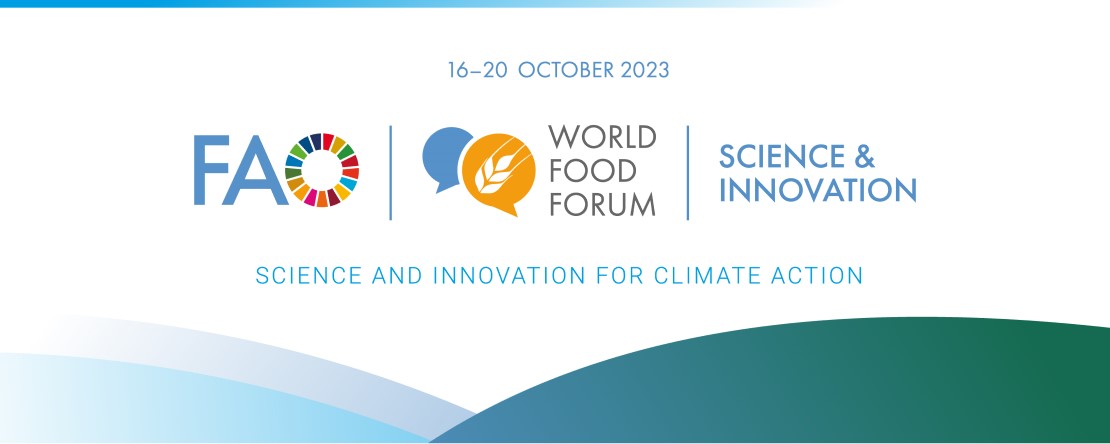
FAO Science and Innovation Forum 2023
Closing: key recommendations and takeaways
The FAO Science and Innovation Forum 2023 will be closed by the FAO Director-General, FAO Chief Scientist and an esteemed panel of experts in science and innovation. The session speakers will reflect on the main takeaways and actionable recommendations of the Forum, especially renewed impetus for overcoming systemic and contextual barriers, coordinated actions and the most effective entry points to harness knowledge, scientific advances and innovative solutions for transforming agrifood systems and enhancing climate action.
Press release

World Food Forum: Forward-looking Science and Innovation Forum wraps up with actions targeting the climate crisis
Participants stressed that climate resilience, adaptation and mitigation cannot be achieved without science and innovation
Speakers


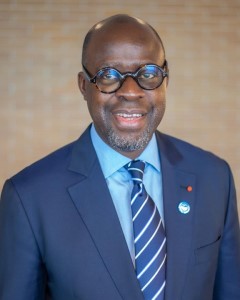
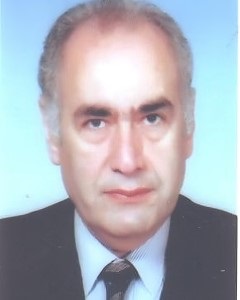
Dr. Qu Dongyu took office on 1 August 2019 as the ninth Director-General of the Food and Agriculture Organization of the United Nations (FAO) and was re-elected for a second four-year term on 2 July 2023.
Before first being elected as FAO Director-General, Dr. Qu served as China’s Vice Minister of Agriculture and Rural Affairs (MARA), where one of his achievements was to promote inclusive and innovative development and make sure information and communication technologies (ICT) were available in rural areas so that more than 400 million farmers could use their smartphones as a new farming tool. Another national initiative led by Dr. Qu was to improve reporting of wholesale prices for agricultural products in China and foster the establishment of more than 100 specialty production areas geared to making local comparative advantages work to the benefit of local farmers.
Born in 1963 to a rice-growing family in China’s Hunan Province, Dr. Qu studied horticultural science at Hunan Agricultural University and then plant breeding and genetics at the Chinese Academy of Agricultural Sciences. He later added environmental science to his knowledge portfolio while earning a PhD at Wageningen University, in the Netherlands.
She has two decades of experience in agricultural research and development in Asia, Africa and the Middle East.
She is internationally known for her work on promoting neglected and underutilized crops, use of non-fresh water in agriculture, and empowerment of women in science.
Alain-Richard Donwahi is the President of the 15th COP of the United Nations Convention to Combat Desertification (UNCCD) that took place in Abidjan (Côte d’Ivoire) in May 2022. During his two years mandate, his aim is to move beyond the idea that desertification is only an African problem, and to raise global awareness of its global and diverse impact.
Previously, he was minister of Waters and Forests of Côte d’Ivoire and played a significant role in protecting Ivorian forests, developing a reforestation strategy, and restoring biodiversity.
Until September 2023, he served as President of the Nawa’s regional council, located in the South-West of Côte d’Ivoire.
Professor, Arid Land Agricultural Graduate Studies & Research Institute, Ain Shams University Egypt, Former Minister of Agriculture & Land Reclamation, former President, the Governing Board of the International Centre for Advanced Mediterranean Agronomic Studies (CIHEAM), Chair Executive Board of the Bibliotheca Alexandrina. Chair, Global Forum on Agricultural Research (GFAR).
Served as Vice Chair/Member of the board, the Global Crop Diversity Trust (GCDT), and the UN Millennium Ecosystem Assessment Board, Director General, International Center for Agricultural Research in the Dry Areas (ICARDA). Had been awarded:, Golden Medal of CIHEAM, Commander of the Order of Agricultural Merit, (France), Sultan Qaboos 'First Class' Order for Culture, Sciences and Arts, Al-Istiklal Medal by His Majesty King Abdullah II bin Al Hussein of Jordan, Fellow of the University of Wales, Aberystwyth, U.K.
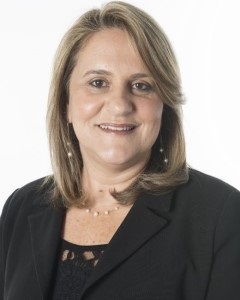
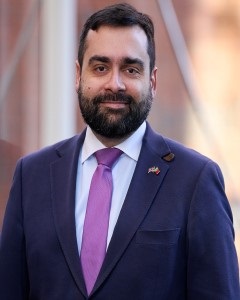
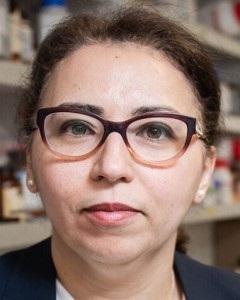
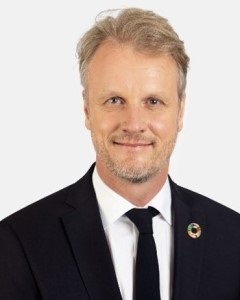
Researcher at Embrapa since 1989, she was the General Head of Embrapa Digital Agriculture, from 2015 to 2022. It was during her office that the strategic realignment of the Center took place, to better reflect its multidisciplinary and transversal role. From 2009 to 2015, she served as head of Research and Development at that same Center.
Among her areas of knowledge is the development of technologies for complex systems or interdisciplinary solutions that bring the future, which materializes in the use of tools such as Artificial Intelligence, blockchain and Internet of Things (IoT).
She assumed the Presidency of Embrapa in May 2023.
He holds also a Postgraduate Certificate in Public Health from the London School of Hygiene and Tropical Medicine, and a Certificate in Public Policy from the London School of Economics.
He is the Chief Scientist of the European Food Safety Authority, having served previously between 2019 and 2022 as the Director of Research and Internationalization of the Norwegian Veterinary Institute (NVI), and between 2014 and 2017 as head of virology and head of food safety and emerging threats at the same institution. He holds a joint position as Full Professor at the Faculty of Medical Sciences at the University of Tromsø.
Prof. das Neves has worked in the field of wildlife diseases, and has experience on topics related to ONE HEALTH, emerging threats, wildlife health and food safety and systems. He has a strong background in science to policy translation, advocacy and societal awareness.
In 2013 he obtained the diploma of specialist of the European College of Zoological Medicine, and is currently the chair of the Wildlife Population Health Speciality. Between 2014-2018 we served also as an expert in animal welfare and health for the Norwegian Scientific Committee for Food and the Environment. He is a Commissioner of the Lancet ONE HEALTH Commission, and a member of the Global 1 Health Network and of the One Sustainable Health Forum, as well as a lead author on the ongoing IPBES Nexus assessment on the interlinkages among biodiversity, water, food and health.
He is a Member of the IUCN Wildlife Health Specialist Group, and has served between 2019 and 2021 as the President of the Wildlife Disease Association. He has also served as Honorary Consul of Portugal in Norway between 2010 and 2017.

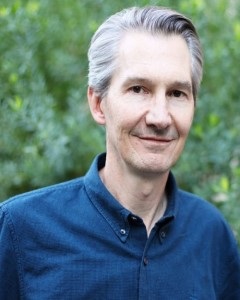
Agripreneur, President of the Eastern Africa Farmers Federation (EAFF)
Elizabeth is a Ugandan agripreneur and the President of the Eastern Africa Farmers Federation and the Director of Women's Affairs and previous President of the Pan Africa Farmers Organization and Africa representative on the Board of World Farmers Organisation. She served as a member of the United Nations Advisory Committee for the Secretary General’s Food Systems Summit 2021 and also sits on the Global Steering Committee for Forest Farm Facility by FAO and on the board of Forum for Agricultural Research in Africa. She was recently appointed the vice president of the FAO Africa Region One Country One Priority Commodity program.
